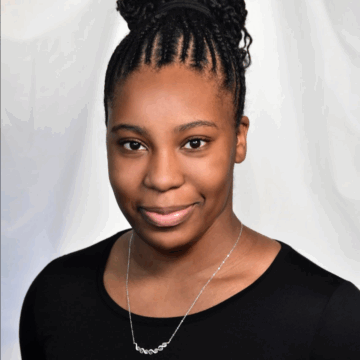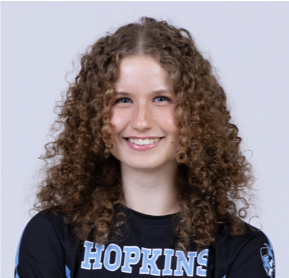
By Nancy P., ’28
A myriad of sticky notes adorn our bedroom door, each bearing a telling Korean word. Opening the door, I repeat them aloud.
Hal-in: Discount.
My mom once joked, “Nancy, sometimes I feel like you’re the adult and I’m the child.”
Sure, I was a kid living a double life as my mom’s unrelenting financial advisor, spending Saturday mornings marching around H Mart, seeking hal-in and calculating the cost of items making their way into our cart. $9.99 for five mangoes and $5.50 for strawberries? Inflation at its finest. Get the apples on sale instead. Chocolate Pepero—No. Unveiling my prized stack of carefully collected coupons at the register, I eagerly watched the price go down with each swipe.
Jeonlyag: Strategy.
Looking back, my mom’s words revealed an undeniable truth. Growing up low-income, I understood that finances were going to be tight. My mom, then-unemployed, scrambled to find a job and worked tirelessly to pay the rent for our two-bedroom apartment. Eager to ease my mom’s sudden burden as our sole provider, I felt compelled to approach every expense with a jeonlyag, ensuring every dollar was spent to its maximum potential.
Eon-eo: Language.
As the clacking of our calculators totaling rent and various other expenses consumed our days, I realized that we had quantified almost every aspect of our life in pursuit of optimal value and utility. When I tried to reconnect with my mom on the unquantifiable aspects of our lives, my mouth went dry, unable to find the Korean words and phrases to express myself. Even having grown up in a bilingual household, my Korean eon-eo skills had fallen behind as our financial situation devolved and I transitioned to the role of financial advisor and translator for my non-English-speaking mom. I wanted to bridge this eon-eo gap and learn more about her upbringing and my own heritage.
Starting with the basics, I listened to songs much too young for my age, Pororo’s catchy lyrics ingraining the Korean alphabet into my mind. My mom’s handwriting served as a template as I shakily wrote down Korean vocabulary onto sticky notes, plastered along our bedroom door. I noted almost every unfamiliar word or phrase I encountered in my daily life, whether in my mom’s `80s ballads that rotated through her playlist or in the Korean news radio. With time, sophisticated words and phrases, sprinkled in with traditional and modern slang, expanded throughout the walls of our home.
Daehwa: Conversation.
As my collection gradually took over our apartment, my daehwa with my mom also grew. As we stroll aisle to aisle at H Mart, I ask my mom to share her childhood stories growing up in Seoul. She recounts visiting street food tents and points out her favorite comfort snacks, nostalgic memories replacing each sticker value. I find myself racing through the aisles, eager to see more of her world through Kyoho grapes, dried squid, and advertisements of `80s manhwa cartoons, labeled in both Korean won and American dollars—a culmination of my own bicultural identity. Beyond the stocked shelves lining the grocery store lay experiences, moments, and relationships that I couldn’t quantify.
Tamgu: Exploration.
Hundreds of Korean sticky notes hold memories that vividly remind me that life is too short to view the world through the lens of price tags. My journey to learning Korean helped add another dimension to our grocery excursions that re-introduced me to a world in which stories of warmth and love cannot be measured in dollars and cents. As I push my shopping cart through H Mart’s aisles, I discover invaluable experiences that connect people of different backgrounds birthed thousands of miles apart. Now I continue to navigate the aisles of life, determined to step beyond my role as a financial advisor, though it remains a part of who I am as I continue my own self tamgu.
Admissions Committee Comments
Nancy’s essay details the responsibilities she had at a young age and her resulting spirit of exploration. She shares memories of supporting her mother through the aisles of H Mart, and we learn about the strategic thinking skills she builds. During these trips, Nancy connects with her Korean identity through her mom’s recollections of her childhood in Seoul and later learning to speak and write Korean. She shows us she is curious and eager to uplift those around her. These qualities will help her thrive on our Homewood campus, where the student community is constantly supporting one another, celebrating different perspectives, and creating spaces of belonging.





